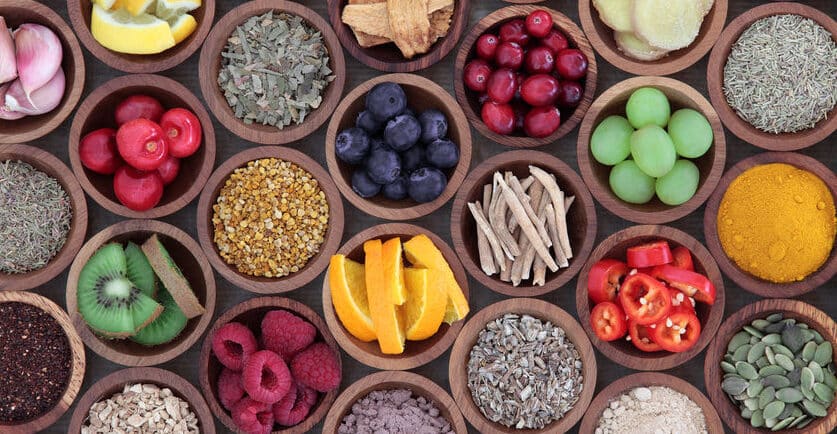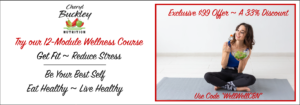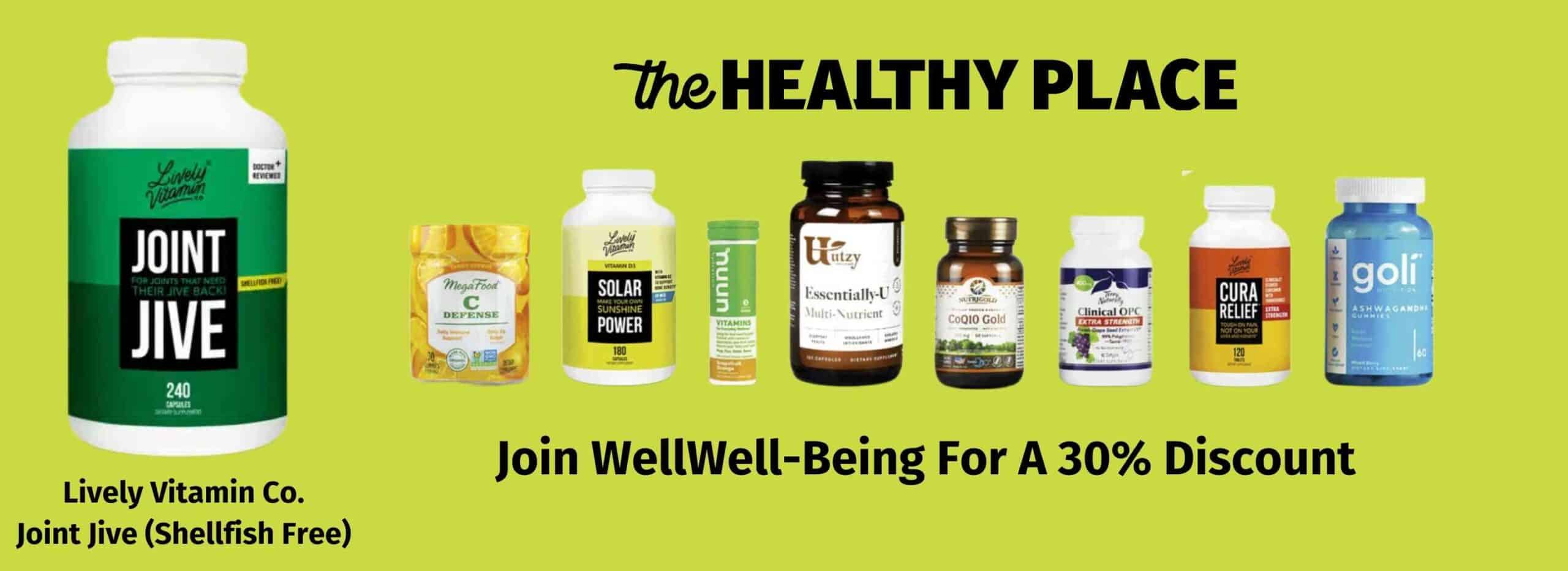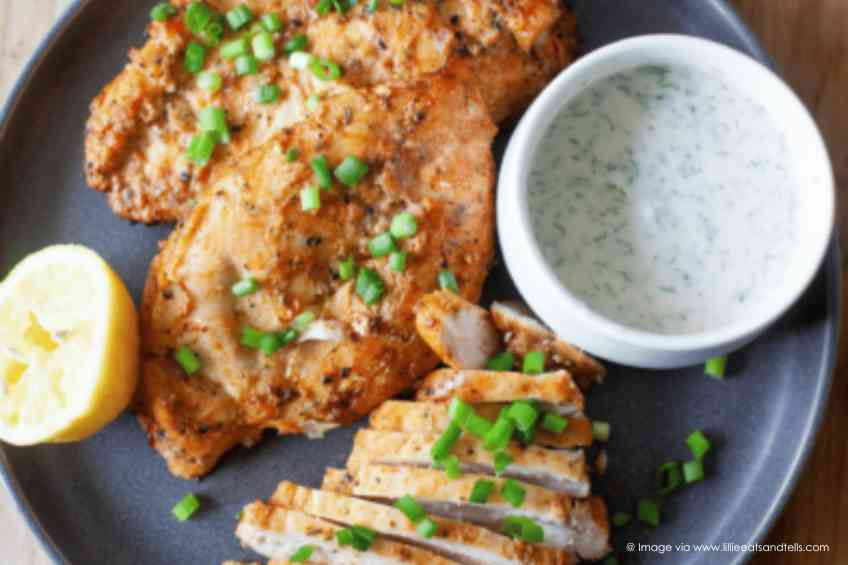Having a strong immune system has always been a priority for those savvy enough to recognize its importance. It protects your body from harmful substances, germs and cell changes that make you sick and cause disease. But possibly it’s most endearing trait is the ability to fight off viruses, with one in particular – the coronavirus. Cheryl Buckley, registered dietitian nutritionist and owner of Cheryl Buckley Nutrition, recently spoke to WellWell on why, now more than ever, it’s important have a strong immune system. Fortunately, she shared a few tips on how to develop and maintain one.
What are some of the key foods to look for to help build a stronger immune system?
Probiotics are a big one. They can be found in fermented foods like yogurt, kefir, kombucha, sauerkraut or kimchi. If someone isn’t interested in eating those or similar foods, they can take a probiotic supplement. Another crucial one is foods with Vitamin C. That can be found in citrusy fruits like grapefruits, oranges or kiwi as well as greens like brussels sprouts or broccoli. Similarly, foods high in quercetin, such as onions, kale, blueberries, apples, black tea or green tea, are helpful. The last two groups to look for are foods with Vitamin D and foods with zinc. Vitamin D is particularly found in egg yolks and various fish, while zinc can be found in other seafoods like oysters, crab and lobster. It can also be found in beef, pork and chicken.
That’s a lot of food sources.
Each play their own part, but what’s most important is maintaining a balanced diet. It sounds cliché but it works.
How does each group uniquely support a healthy immune system?
Probiotics inhibit the growth of pathogens, which reduce the risk of any type of respiratory infections that can be formed from the common cold or flu. Vitamin C supports the immune function by providing and being able to treat upper respiratory tract infections. Quercetin reduces the severity of upper respiratory tract infection symptoms and can have additional immune boosting effects when combined with Vitamin C, which I always recommend. Vitamin D serves as another barrier to protect the body from any microbial type infections or airborne cells by enhancing the antimicrobials effect of certain immune cells within the body. Lastly, zinc is required to activate certain immune cells within the body. Without enough of it, you’re at higher risk of upper respiratory infections, such as pneumonia.
How would an average person go about including all these groups into a diet to give them the best chance of avoiding contracting coronavirus? Are supplements the easiest solution?
Again, hopefully they’d be maintaining a balanced diet. That’s the easiest and more effective method. However, if there are other factors limiting that ability, a couple tips would be avoid processed foods and instead target foods high in antioxidants. Additionally, stay active, manage stress and try to get adequate sleep, minimum of 7 hours a night. There are immune supporting supplements that have a combination of Vitamin C, Vitamin D, quercetin, zinc and probiotics so that is an option. I always recommend food first but that supplement certainly won’t hurt you.
Obviously, the mismanagement of the pandemic has had the largest impact on how bad it has gotten in America. But another factor that’s been raised is the lower nutritional health of the U.S. when compared to other developed nations. For example, we’re the one of the leading countries in both obesity rates and diabetes. What role does the widespread number of processed foods play in this and why do you think we’re so unhealthy when compared with other similarly developed countries?
I think there’s several reasons. I know for a lot of people when Covid hit, they were stressed and naturally turned to comfort food. Which is completely understandable. But when it becomes a habit, it can really push the scale. Another factor which has existed for some time—and which Covid has only amplified—is the lack of resources for many in this country. Many Americans that can’t afford or don’t have access to healthier foods. This creates a viscous cycle of buying cheap or available processed foods. It’s a huge reason why diabetes, obesity and heart disease were already on the rise here, even before the pandemic.
You do a lot of work with kids and young people. How important is it to establish healthy habits early on in life to break that cycle?
Extremely important. There are a lot of studies showing that if you start introducing healthy foods to kids at a very young age, they’ll be more likely to continue to consume them into adulthood.
Do you have any advice for anyone beyond maintaining healthy nutrition, such as ways to not succumb to stress eating or sitting around during the pandemic. That behavior can so easily hurt a person’s health?
Absolutely. First, to further support your immune system, you have to engage in a regular amount of physical activity every day. So, to counteract the excess sitting and news watching, find a way to be active, even if it’s just going for a walk. Something as simple as a 30-minute walk can make a huge difference. Also, manage stress. Guided meditation is great for that. There are a few apps, like Headspace or Calm, to try that are easy to use. And these will both help with getting proper sleep, which is equally as important.
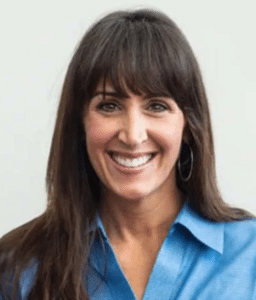 About Cheryl Buckley
About Cheryl Buckley
Cheryl Buckley is a Registered Dietitian Nutritionist expert with a dedication towards improving both the health and wellness standards within her community. She is the founder of Cheryl Buckley Nutrition, which offers personalized nutrition programs based on a holistic approach towards combating where the body is most compromised.
Learn more at www.cherylbuckley.com

